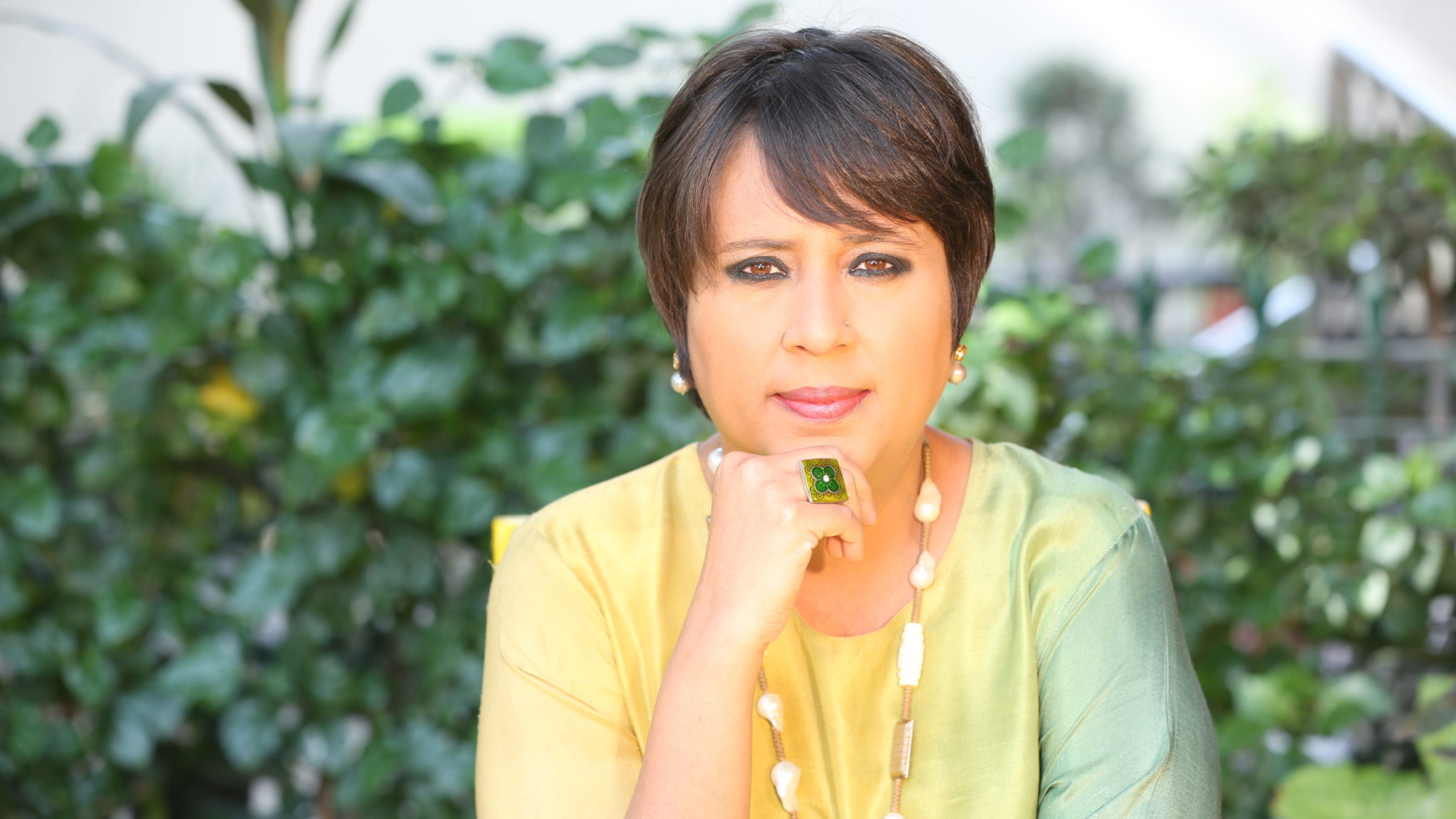Journalist Barkha Dutt speaks on COVID-19’s impact on India
Prominent television journalist Barkha Dutt visited the University to deliver a lecture on her experience reporting the pandemic’s impact on Indian workers.

Courtesy of Yale Economic Growth Center
During the COVID-19 pandemic, television journalist Barkha Dutt set out to tell the stories of people affected by the pandemic, going beyond just data dashboards.
Dutt, the founder of Mojo Story and a columnist for The Washington Post, visited campus on Nov. 8 as part of the Poynter Fellowship on Journalism, where she talked about her reporting of the COVID-19 pandemic in India. Dutt’s lecture, entitled “To Hell and Back — Humans of Covid: How India is Experiencing the Pandemic,” shares its name with her most recent book, published this year. The event was co-hosted by the Economic Growth Center’s Inclusion Economics and Macmillan Center’s South Asian Studies Council.
“I set out on this journey to tell the story of people … but it was almost like telling the story of India … because to my shock, I found at least in the first wave, very few of the big TV channels, put boots on the ground,” Dutt said. “My engagement with the COVID-19 story began by actually following … workers, walking with them on the highways telling their story.”
Monday’s event marked the first time Inclusion Economics co-sponsored a Poynter Fellowship lecture. Following the lecture, Rohini Pande and Charity Troyer Moore, directors of inclusion economics, led a discussion with Dutt about the University’s research on the COVID-19 economic crisis.
Moore told the news that the discussion focused on the combination of the research and individual stories.
“You’d have a data point which will say 100 million daily wage workers were impacted by COVID-19, but it would be my job to find that one worker whose story exemplified those 100 million,” Dutt said. “The macroeconomics is really important because it helps frame policy, but to get people to care about it, you need the story, you need the journalists.”
Dutt began her journalistic career in broadcast at New Delhi Television. While working for the news publication, Dutt established her reputation in 1999 while reporting on the Kargil Conflict between India and Pakistan. Dutt has also reported on the 2002 Gujarat riots and the 2008 Mumbai attacks.
In 2017, Dutt left New Delhi Television, to found her own independent digital news organization, Mojo Story.
Moore, who serves as the director of the Macmillan Center South Asia Studies Council, said that Inclusion Economics has conducted multiple studies on India on women’s wellbeing and labor market prospects, but she hoped to learn from the event how to think about issues more clearly and carefully.
“This event … allows us to turn the tables and listen from her more about the journalistic perspective and then dive a little bit more into some of that data we collect as well,” Moore said. “The work of journalism is extremely important to understanding what is going on in the world and how to promote … inclusive and accountable economies and societies.”
An Economic Growth Center representative, Zahrah Abdulrauf, told the News that groups like the Salus Populi Foundation, an international development organization, and the Yale Journalism Initiative met with Dutt during her visit.
The Poynter Fellowship has brought speakers to Yale since 1967.







